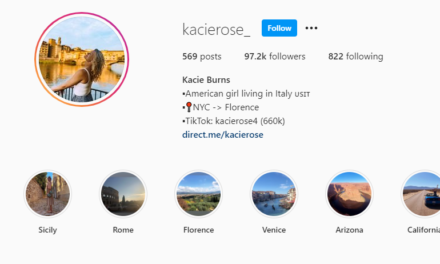You’ve all heard it before: Publishers are struggling to monetize content. You’ve probably also heard that content licensing partnerships can provide new revenues for publishers, but no one is telling you where to begin.
Rich Kreisman is a principal partner of Kreisman Information Consulting, a San Francisco consultancy that advises publishers, content creators, website owners, and mobile providers on content licensing, syndication, “and distribution partnerships to meet their strategic business needs.”
Kreisman says content licensing needs to be understood by publishers because of the extensive number of platforms that are out there. “With the astonishing variety of new platforms for consuming content (the web, smartphones, e-readers, streaming, etc.), content licensing is a critical part of any publisher’s expansion strategies looking forward,” says Kreisman. “Both B2B and consumer publishers’ business models are being reset by the rapid changes in content consumption models, and the smart ones are looking to leverage their content on as many platforms as possible.”
From a content business perspective, content licensing is a broad umbrella term with both a legal meaning and a business meaning, notes Kreisman. “On the business side, content licensing is a publisher’s distribution of its intellectual property to any third party. The distribution is usually exchanged for some type of value-it can be cash (an annual license fee) or traffic/referrals that a publisher converts to a print subscription or page views containing advertising that it monetizes on its own website,” says Kreisman.
“On the legal side, a license has a very specific meaning: Both parties to a license agree in a contract to a grant of rights, specifying the parameters of usage for a particular piece of intellectual property-text, images, audio files, data, software,” he adds.
Instead of calling it content licensing, Kreisman says he frequently calls the process “content leverage” because “that is precisely what a content creator is doing when it distributes its own content to third parties.”
In terms of tips, Kreisman says publishers should remember this as the most important. “While it is advisable for a licensor to develop guidelines and parameters for content licensing, each potential customer comes to the table with a unique set of issues, needs, and reasons why they want your content. Listen hard and be flexible,” he emphasizes.
Being clear on your target market “means clearly understanding both the user roles and the vertical industry associated with your own product roadmap as well as adjacent markets that your content may be serving,” write Kreisman and Stratigos. “Then, start your conversation with a licensee about their target markets-both current and future markets.”
“The closer to one’s target market the licensee is, the more branding and ownership to want, is Outsell‘s general rule of thumb,” write Kreisman and Stratigos. “Having direct access to customer data and how end-users are consuming your content is increasingly critical in an analytics driven world as well. It may be preferable for you to be white labeled in someone else’s product, but critical to your own model to understand what a partner’s users are doing with your data.”
Kreisman, who Outsell describes as “one of our resident experts on licensing who has been at the forefront of licensing content and software for years,” points out three common pitfalls publishers should avoid when getting involved with content licensing.
Don’t be overly opportunistic with a licensing situation. Many publishers quickly respond to a prospective licensee’s request for their content without thinking about the larger strategy and implications of licensing their content, according to Kreisman. “They see quick dollars without considering longer-term implications,” he observes.
Don’t be overly conservative about licensing. Many publishers, especially smaller ones still run by founders, are afraid to open the door to alternate forms of distribution that may deviate from their plans, he adds. “Running limited duration tests with select partners can generate revenue and allow a company to gain licensing experience without jeopardizing the core business,” notes Kreisman.
Don’t have an inflated perception of data/content value. Many publishers-having worked long and hard and having invested substantial sums of money in creating their products-can have a difficult time seeing the value of their data through a partner’s lens, points out Kreisman. Someone in another market segment is likely to value the content differently, he adds. “I’ve seen many deals flame out over the inability of two parties to reach common ground on these issues,” he explains. “Most of the time it is the publisher who is unrealistic about the value.”






